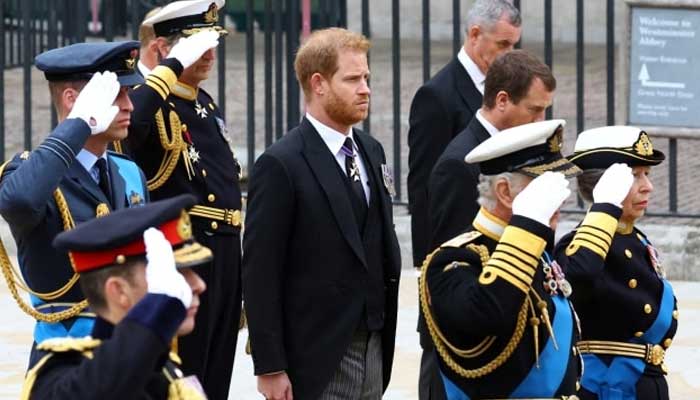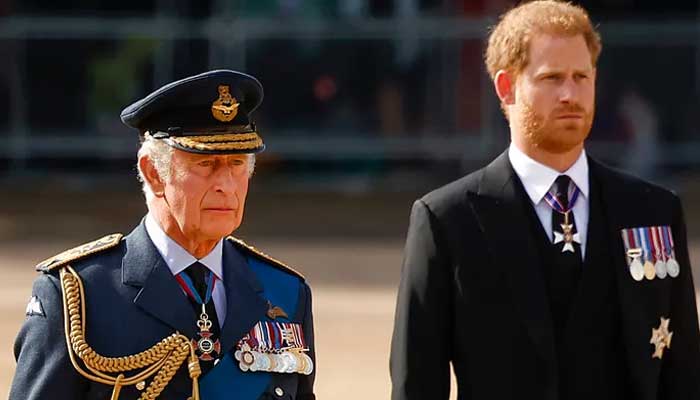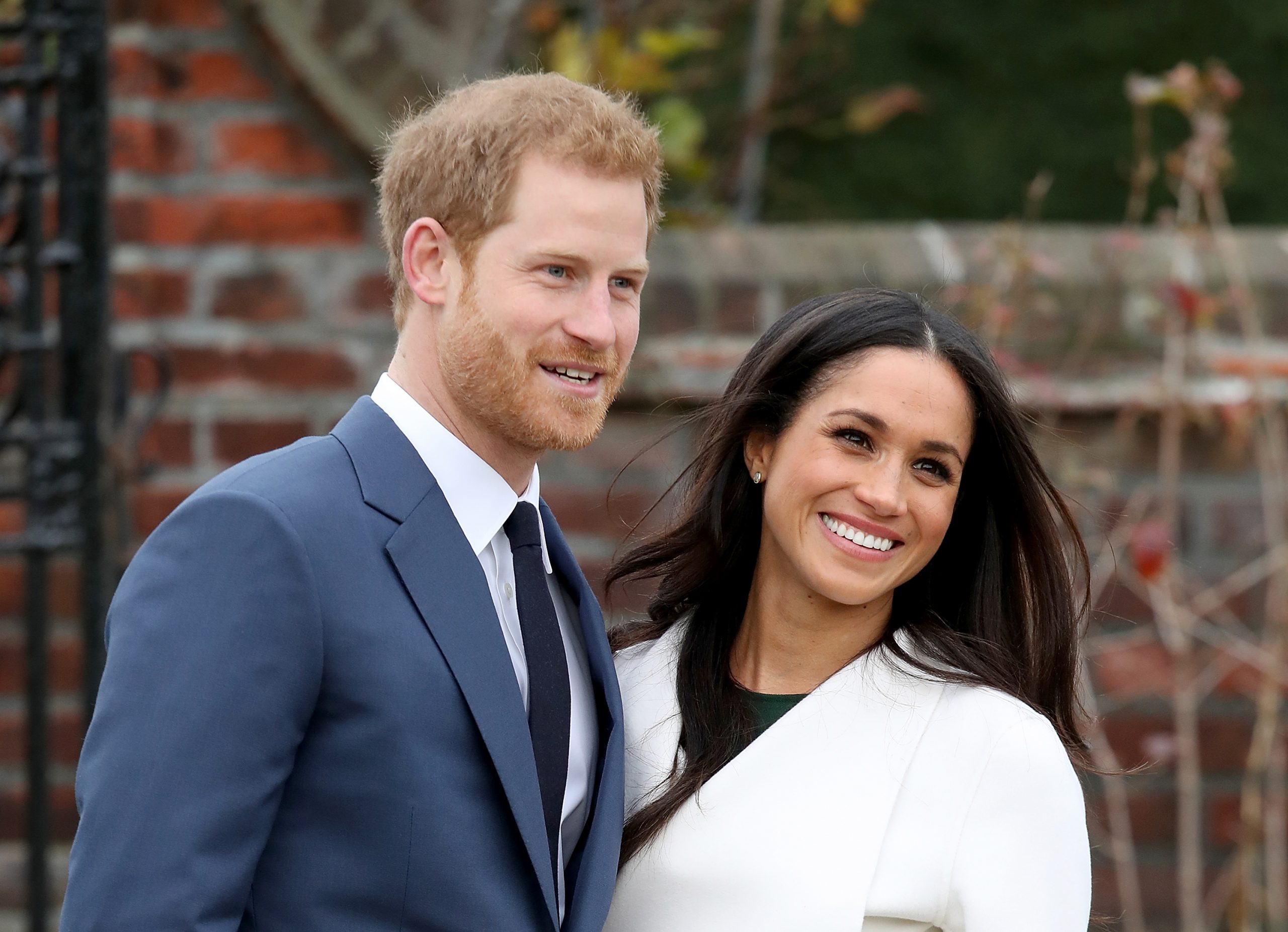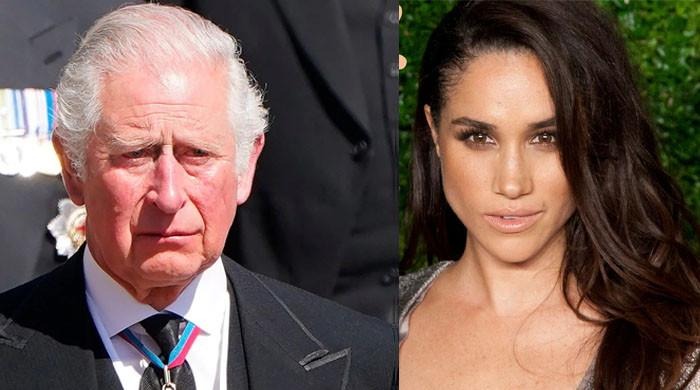In recent years, discussions surrounding royal succession and the roles of extended members of the British Royal Family—particularly Meghan Markle, the Duchess of Sussex—have intensified in both the media and public discourse. With the evolving nature of the monarchy and shifting family dynamics, some have questioned the Duchess’s place in the royal order, especially following her and Prince Harry’s decision to step back from royal duties in 2020.
However, claims regarding Meghan Markle being “removed from the line of succession” by King Charles III are not substantiated by official documentation or credible sources. As of June 2025, there has been no formal communication from Buckingham Palace, the Cabinet Office, or the UK Parliament indicating any constitutional removal or amendment to the official line of succession.
What Is the Royal Line of Succession?
The line of succession is governed by constitutional laws such as the Succession to the Crown Act 2013 and the Bill of Rights 1689. These legal frameworks outline the order in which members of the royal family inherit the throne. Meghan Markle, as the spouse of Prince Harry (currently 5th in line), is not individually listed in the succession order—only those born into the line or legally adopted heirs are included. This includes Prince Archie of Sussex and Princess Lilibet of Sussex, who currently occupy positions in the royal succession.

Can a Monarch Remove Someone from the Succession?
Legally, the sovereign does not have unilateral authority to alter the line of succession. Any change would require an act of Parliament passed in all 16 realms where the British monarch is head of state. This means that neither King Charles III nor any other royal figure can “remove” someone from the line of succession through personal decision or internal family deliberation alone.
The misconception that Meghan Markle could be “stripped” of succession rights may stem from misunderstandings about royal titles and responsibilities. Meghan retains her title as the Duchess of Sussex but no longer uses the style “Her Royal Highness” in official contexts, in accordance with the terms agreed upon when she and Prince Harry stepped back from their senior royal roles.
Financial Matters and Inheritance Claims
Reports have occasionally surfaced speculating about financial discussions between Meghan Markle and members of the Royal Family, particularly relating to inheritances or support. However, no credible or official documentation supports the claim that the Duchess of Sussex made a formal “demand for inheritance” from King Charles III. In fact, inheritance within the royal family—especially involving living members—is a private matter and not governed by public funding laws such as those regulating the Sovereign Grant.
The Sovereign Grant, which finances royal duties and official expenditures, is distinct from personal or private family wealth. Public funds are not distributed as personal inheritance. According to the UK’s National Audit Office and Royal.uk, the Sovereign Grant is audited annually and cannot be used for private financial support to non-working royals.

Meghan Markle’s Current Relationship with the Royal Family
Meghan Markle and Prince Harry have resided in the United States since early 2020 and have maintained a limited public role in royal affairs. They have undertaken media ventures and philanthropic work through their foundation, Archewell. While there have been periods of tension between the couple and other members of the royal family, neither Buckingham Palace nor the Duke and Duchess of Sussex have confirmed any ongoing dispute regarding royal succession or inheritance matters.
Additionally, Meghan and Harry’s children—Archie and Lilibet—were granted the titles of Prince and Princess following the accession of King Charles III, in alignment with precedent set under the 1917 Letters Patent issued by King George V.

Media Claims and Responsible Reporting
Recent tabloid headlines alleging retribution, internal conflict, or retaliatory actions within the royal family often lack verified sources and rely heavily on unnamed insiders. Such coverage tends to be speculative and can blur the distinction between legitimate constitutional matters and family disputes. Responsible reporting on royal affairs should rely on factual documentation from reputable sources such as:
- Royal.uk – The Official Website of the British Royal Family
- BBC News – Royal Family
- UK Parliament – Constitutional Law
- The Guardian – Monarchy Coverage
Statements alleging that Meghan Markle is actively “rallying allies for retaliation” or threatening any form of institutional response remain unsubstantiated by any verified public statement from the Duchess or her representatives. Such narratives can perpetuate misinformation and are inconsistent with journalistic standards required by platforms like Google News and Google Ads.
Conclusion: Royal Succession Is Constitutionally Defined
To conclude, the line of succession remains legally intact, with no formal change involving Meghan Markle, who is not herself in the line but connected to it through marriage. Inheritance matters, where applicable, are strictly private and not a matter of public governance or entitlement. Claims of removal or retaliation lack basis in law and have not been confirmed by any official source.
The continued public interest in the royal family highlights the importance of factual reporting and the need to separate speculation from substantiated information. As media consumers, it is essential to rely on accurate, non-sensational coverage to understand the evolving nature of the monarchy in the modern era.

